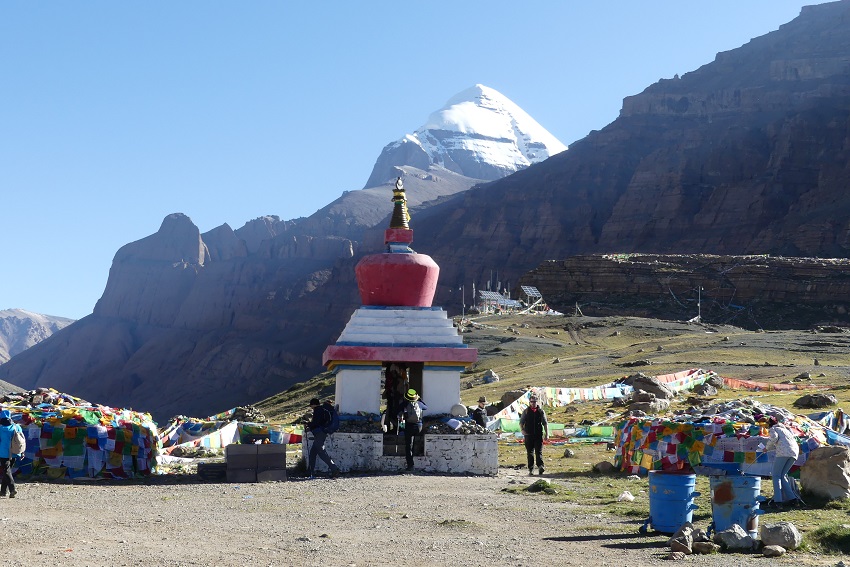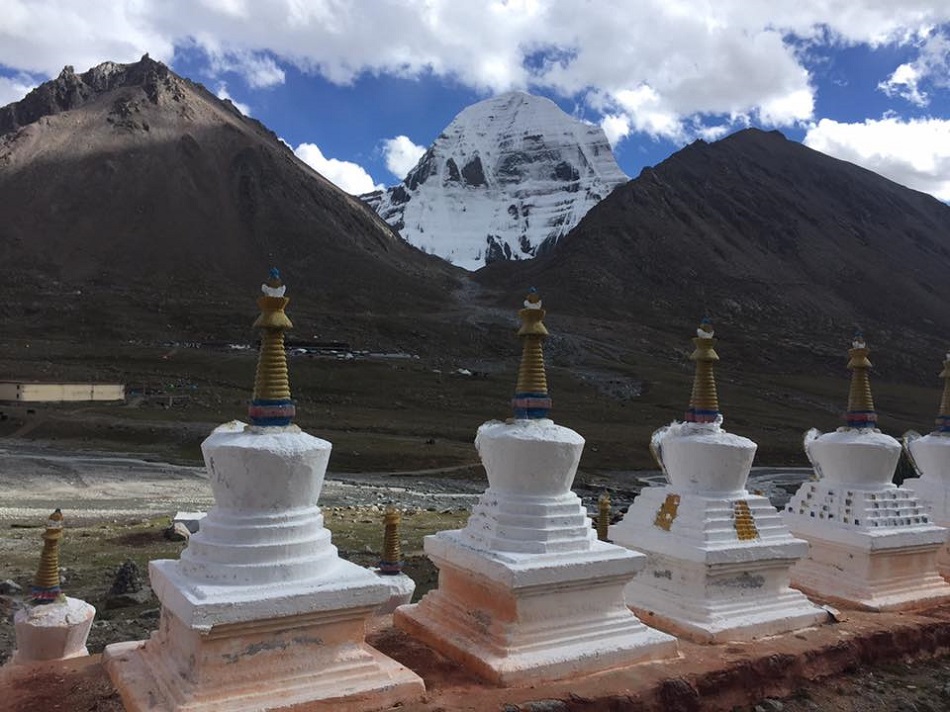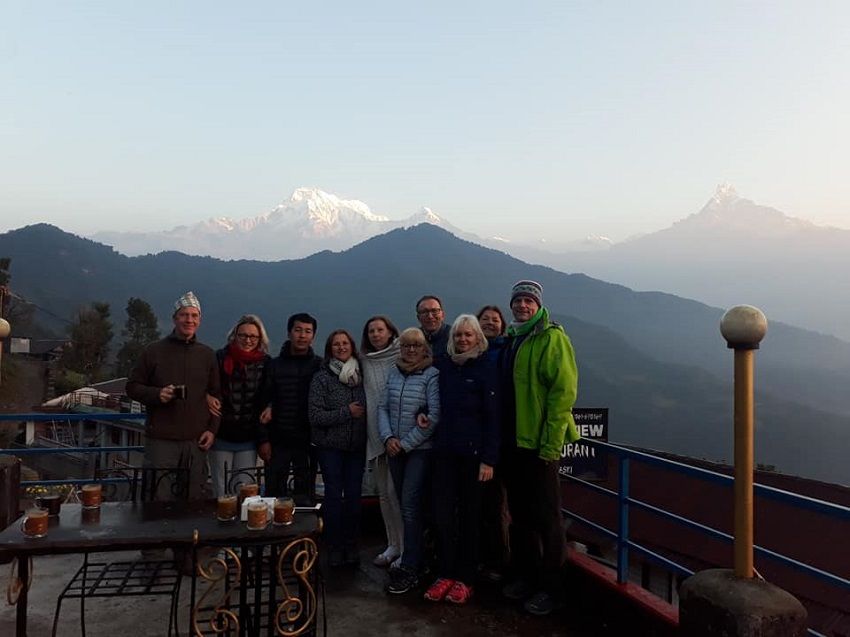Fixed departure :- 01st June 2025 – 17th June 2025
Trip Info
-
Hotel , Guest house
-
Jeep/van/ Bus
-
Need good physical level
-
5650 Meter
-
May to September
-
guided / Pilgrimage / Cultural
-
4- 10 Pax
-
16
-
65
Overview
Mount Kailash is a sacred mountain with great spiritual significance. Known as Kang Rinpoche or Gang Rinpoche in Tibetan, it holds a special place in Buddhist cosmology, mythology, and religious practices. Here are some aspects of Mount Kailash in Buddhism.
Sacred Buddhist Site: Mount Kailash is considered one of the most sacred pilgrimage sites in Buddhism. Buddhists from different parts of the world undertake the Kailash Kora (circumambulation) as an act of devotion and to accumulate merit on their spiritual journey.
Home of Khorlo Demchok: In Buddhist mythology, Mount Kailash is believed to be the abode of Demchok (also known as Chakrasamvara or Heruka), a prominent tantric deity. Demchok represents the union of wisdom (emptiness) and compassion (bliss) and is highly venerated in Vajrayana Buddhism.
Symbol of Enlightenment: Mount Kailash is often associated with the idea of “Meru,” a mythical cosmic mountain that symbolizes the center of the universe. In Buddhist cosmology, Meru represents the axis mundi, the point of connection between the physical and spiritual worlds. Mount Kailash, being a real mountain with such spiritual symbolism, is regarded as a potent place for meditation and enlightenment.
Connection to Buddhism’s Founder: It is believed that the founder of Buddhism, Siddhartha Gautama (Buddha), was connected to Mount Kailash. Some sources suggest that Buddha’s disciple Ananda once asked him whether Kailash was the center of the universe, to which Buddha remained silent, implying its sacred significance.
Tantric Practices and Retreats: Many Buddhist practitioners, particularly those following Vajrayana (Tantric) Buddhism, undertake solitary retreats and meditation practices in the vicinity of Mount Kailash. The tranquil and spiritually charged environment of the region is conducive to deepening one’s practice and realization.
Connection with Bon Religion: The Bon religion, an ancient spiritual tradition that predates Buddhism in Tibet, also considers Mount Kailash as a sacred site. Many Bonpo practitioners also undertake pilgrimages and perform rituals around the mountain.
In summary, Mount Kailash holds profound spiritual importance in Buddhism and Hindu as a sacred pilgrimage site, a dwelling place of a revered deity, and a symbol of enlightenment and the center of the universe. For Buddhists, undertaking a pilgrimage to Mount Kailash and participating in the Kora is an act of devotion, self-discovery, and an opportunity to deepen their understanding of the teachings of Buddha and their own spiritual path.











